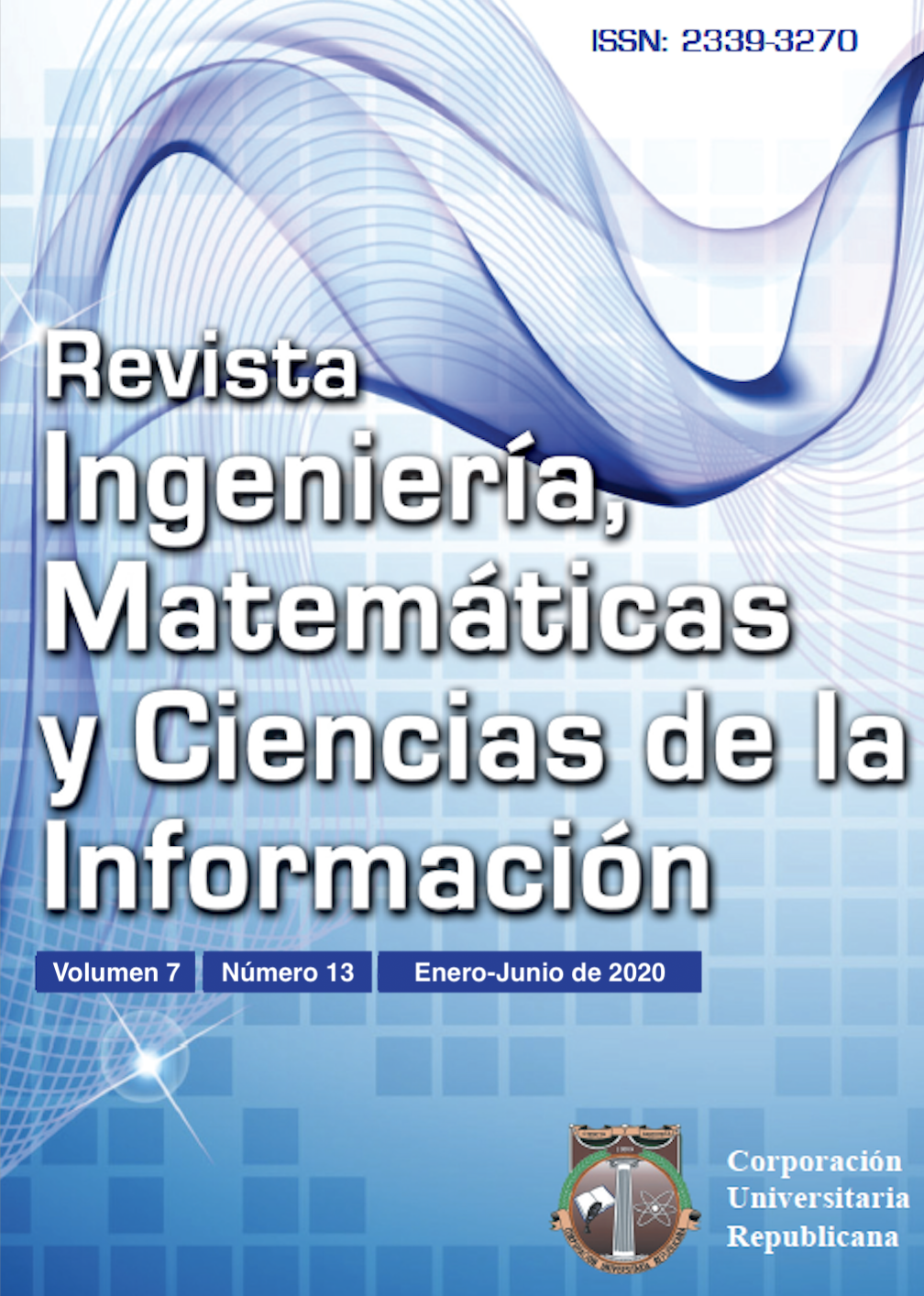DESARROLLO DE LA METODOLOGÍA LEAN HEALTHCARE EN EL SERVICIO DE MEDICINA INTERNA DE UNA INSTITUCIÓN HOSPITALARIA DE CARÁCTER PÚBLICO
DESARROLLO DE LA METODOLOGÍA LEAN HEALTHCARE EN EL SERVICIO DE MEDICINA INTERNA DE UNA INSTITUCIÓN HOSPITALARIA DE CARÁCTER PÚBLICO
Show authors biography
Using Lean methodologies in the healthcare field draws important improvements in the operational scope. This paper presents an imlementation of Lean Healthcare at Hospital Universitario de La Samaritana (HUS), a public institution of high complexity located at Bogotá, Colombia. A proposal of methodology is provided, that has been validated in different areas of the hospital. In this case, it has been implemented in the service of internal medicin service. A reduction in the cycle time of the expenditure plan of 37 percent was achieved with short time implementation tools. Further conclusions about the training of staff are provided as an output of the process. It was also found that the use of household oxygen was not the cause of extended stays in the hospital.
Article visits 2260 | PDF visits 2022




